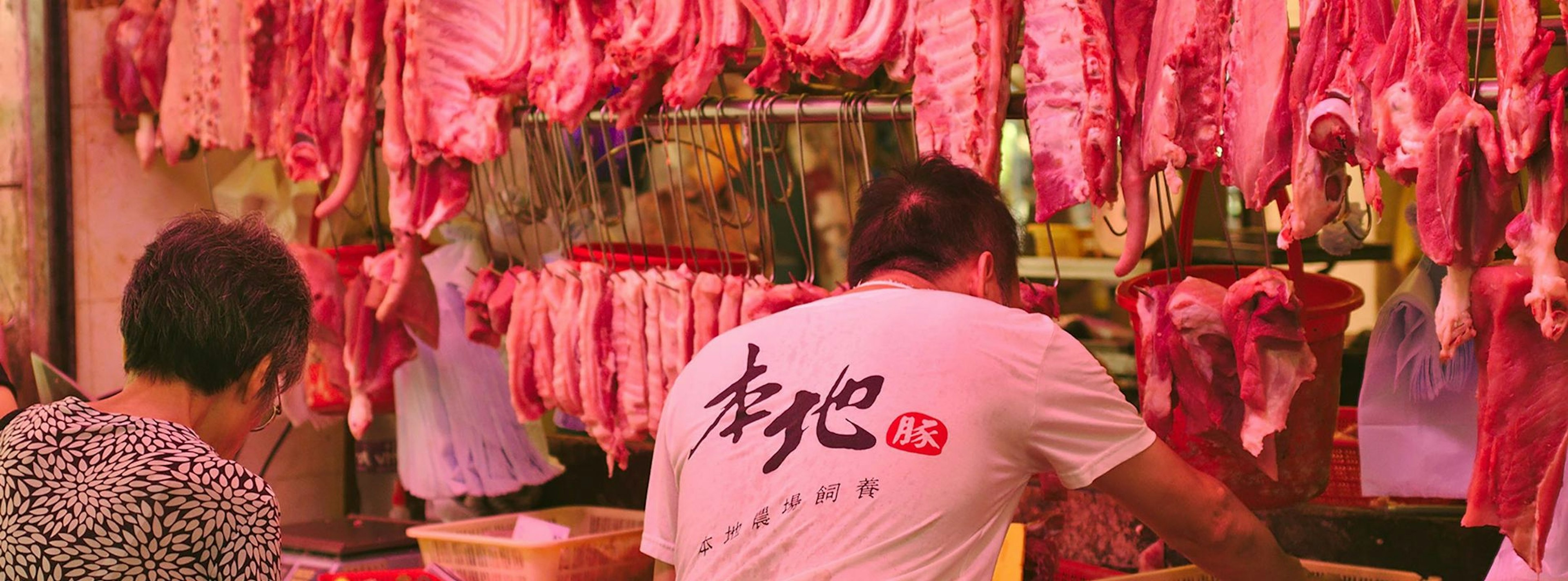China’s imported deforestation risk from Brazilian beef imports
6 Sep 2020
4 min read
Through targeted engagement with a handful of traders and local governments, China could significantly reduce risks associated with its Brazilian beef imports.

Through targeted engagement with a handful of traders and local governments, China could significantly reduce risks associated with its Brazilian beef imports.

We use cookies on our site.